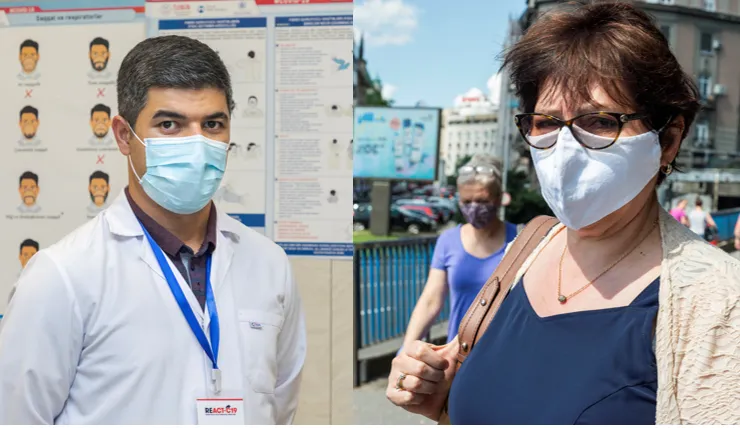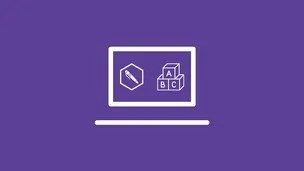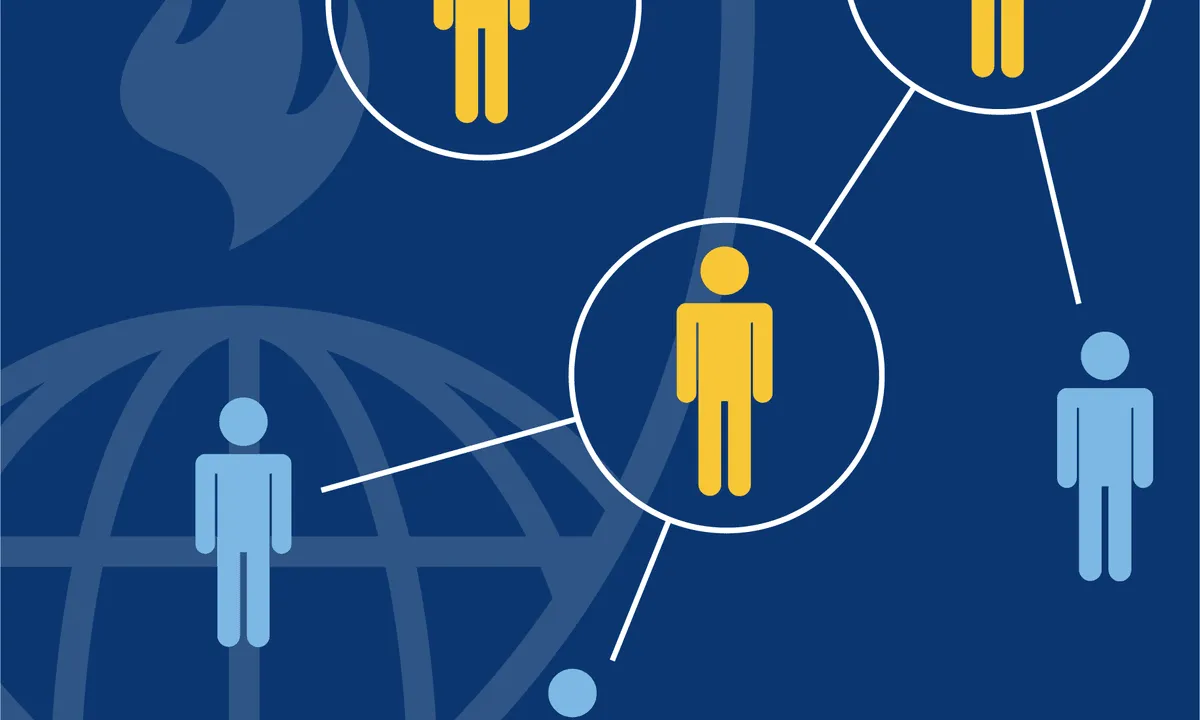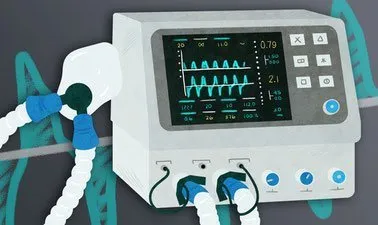
Guidance on mask use in the context of COVID-19 
Discover the fundamentals of Guidance on mask use in the context of COVID-19 ▼
ADVERTISEMENT
Course Feature
![]() Cost:
Cost:
Free
![]() Provider:
Provider:
OpenWHO
![]() Certificate:
Certificate:
Free Certification
![]() Language:
Language:
English
![]() Start Date:
Start Date:
On-Demand
Course Overview
❗The content presented here is sourced directly from OpenWHO platform. For comprehensive course details, including enrollment information, simply click on the 'Go to class' link on our website.
Updated in [May 19th, 2023]
The course "Guidance on Mask Use in the Context of COVID-19" provides an overview of the guidance on masks as outlined in the WHO document of the same name. It is designed to help health workers, decision-makers, and the public understand the correct use of masks in both healthcare and community settings. The course covers topics such as the types of masks available, how to wear and remove them, and how to store and dispose of them. It also provides information on the importance of hand hygiene and other preventive measures. At the end of the course, participants will have a better understanding of the guidance on mask use in the context of COVID-19.
[Applications]
Upon completion of this course, participants are encouraged to apply the knowledge gained to their respective contexts. They should be able to identify the appropriate type of mask for different settings, understand the importance of proper mask use, and be aware of the potential risks associated with improper use. Participants should also be able to recognize the importance of proper disposal of masks and other personal protective equipment. Additionally, participants should be able to provide guidance to others on the correct use of masks in the context of COVID-19.
[Career Paths]
1. Infection Prevention and Control (IPC) Officer: IPC Officers are responsible for developing and implementing infection prevention and control policies and procedures in healthcare settings. They must be knowledgeable about the latest guidance on mask use in the context of COVID-19 and be able to provide advice and training to healthcare workers. As the pandemic continues to evolve, IPC Officers must stay up to date on the latest developments and ensure that their policies and procedures are in line with the latest guidance.
2. Public Health Educator: Public Health Educators are responsible for educating the public on the importance of mask use in the context of COVID-19. They must be knowledgeable about the latest guidance on mask use and be able to provide accurate and up-to-date information to the public. As the pandemic continues to evolve, Public Health Educators must stay up to date on the latest developments and ensure that their educational materials are in line with the latest guidance.
3. Epidemiologist: Epidemiologists are responsible for studying the spread of infectious diseases and developing strategies to control them. They must be knowledgeable about the latest guidance on mask use in the context of COVID-19 and be able to analyze the data to determine the effectiveness of mask use in controlling the spread of the virus. As the pandemic continues to evolve, Epidemiologists must stay up to date on the latest developments and ensure that their strategies are in line with the latest guidance.
4. Healthcare Administrator: Healthcare Administrators are responsible for managing healthcare facilities and ensuring that they are in compliance with the latest guidance on mask use in the context of COVID-19. They must be knowledgeable about the latest guidance and be able to ensure that their facilities are in compliance with the latest guidance. As the pandemic continues to evolve, Healthcare Administrators must stay up to date on the latest developments and ensure that their facilities are in line with the latest guidance.
[Education Paths]
1. Public Health: Public health is a field of study that focuses on the health of populations and communities. It is an interdisciplinary field that combines elements of medicine, biology, sociology, economics, and other disciplines. Public health professionals work to prevent and control disease, promote health, and protect the public from health threats. Developing trends in public health include the use of data and technology to improve health outcomes, the use of evidence-based approaches to health promotion, and the use of public-private partnerships to address health disparities.
2. Epidemiology: Epidemiology is the study of the distribution and determinants of health-related states or events in specified populations, and the application of this study to the control of health problems. Epidemiologists use data to identify risk factors for disease, develop and evaluate interventions, and monitor health outcomes. Developing trends in epidemiology include the use of big data and machine learning to identify patterns in health data, the use of mobile technology to collect data, and the use of social media to track the spread of disease.
3. Infectious Disease: Infectious disease is the study of the causes, transmission, and control of infectious agents. Infectious disease specialists work to identify, diagnose, and treat infectious diseases, as well as to prevent the spread of disease. Developing trends in infectious disease include the use of genomics to identify and track infectious agents, the use of new technologies to diagnose and treat infections, and the use of vaccines to prevent the spread of disease.
4. Global Health: Global health is a field of study that focuses on the health of populations around the world. Global health professionals work to improve health outcomes in low- and middle-income countries, as well as to address global health issues such as pandemics, climate change, and health disparities. Developing trends in global health include the use of data and technology to improve health outcomes, the use of evidence-based approaches to health promotion, and the use of public-private partnerships to address global health challenges.
Course Provider

Provider OpenWHO's Stats at AZClass
Discussion and Reviews
0.0 (Based on 0 reviews)
Explore Similar Online Courses

Procreate Practice: Creating and Illustrating With Texture Overlays

Fundamentals of User Interface Design

Python for Informatics: Exploring Information

Social Network Analysis

Introduction to Systematic Review and Meta-Analysis

The Analytics Edge

DCO042 - Python For Informatics

Causal Diagrams: Draw Your Assumptions Before Your Conclusions

Whole genome sequencing of bacterial genomes - tools and applications

COVID-19 Contact Tracing

Mechanical Ventilation for COVID-19

COVID-19 in Slums & Informal Settlements: Guidelines & Responses
 Related Categories
Related Categories
Quiz
 Submitted Sucessfully
Submitted Sucessfully
1. What is the purpose of this course?
2. Who is this course intended for?
3. What is the photo credit for this course?
4. What is the intended audience for this course?
Correct Answer: Health workers, decision-makers, and the public.


Start your review of Guidance on mask use in the context of COVID-19